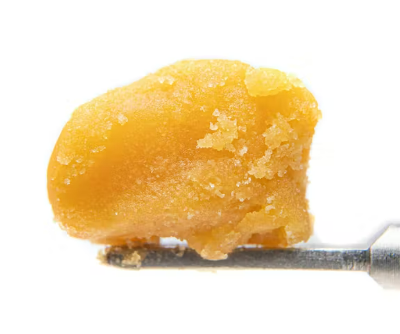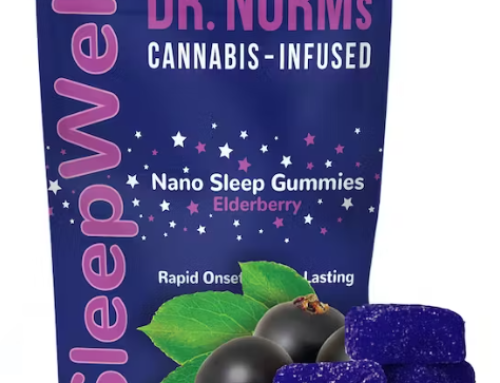What is Neuropathic Pain
Neuropathic pain is pain coming from damaged nerves. It’s one of the most common forms of chronic pain, affecting one to two per cent of the population and producing feelings of weakness, numbness, tingling and burning.
What causes Neuropathic Pain
Neuropathy has many causes, including:
- Alcoholism
- Autoimmune diseases (including diabetes, multiple sclerosis, lupus, rheumatoid arthritis and thyroid disorders)
- Chemotherapy treatment
- Injuries
- Surgery
to name a few
Neuropathic pain can come and go over the course of a day, or even come and go over weeks and months. There’s no one set path for the journey through neuropathic pain.
Cannabis vs Neuropathic Pain
Several products based on the cannabis plant have been suggested as treatment for pain, including neuropathic pain. These products include inhaled herbal cannabis, and various sprays or tablets containing active cannabis ingredients obtained from the plant, or made synthetically.
A review published in the AMA Journal of Ethics concluded that cannabis is comparably effective to the traditional agents used to treat neuropathic pain. The review looked at studies conducted with vaporized or smoked cannabis flower of low to medium THC concentration.

Buy Cannabis Cookies, Cannabis Edibles, Shatter, Cannabis Flowers, Buds, Cannabis Vape Pens from NaturalAid – Legal Cannabis Dispensary, Sunland-Tujunga, California
A 2013 double-blind, placebo-controlled study published in the Journal of Pain found that low-dose cannabis (1.29 per cent THC or less) significantly improved neuropathic pain when compared with medium-dose and placebo cannabis.
A 2010 trial published in the Canadian Medical Association Journal looked at 23 patients who were assigned three different strengths of cannabis to manage post-traumatic and post-surgical neuropathic pain. The conclusion? “A single inhalation of 25 mg of 9.4% tetrahydrocannabinol herbal cannabis three times daily for five days reduced the intensity of pain, improved sleep and was well tolerated. Further long-term safety and efficacy studies are indicated.”




Leave A Comment
You must be logged in to post a comment.